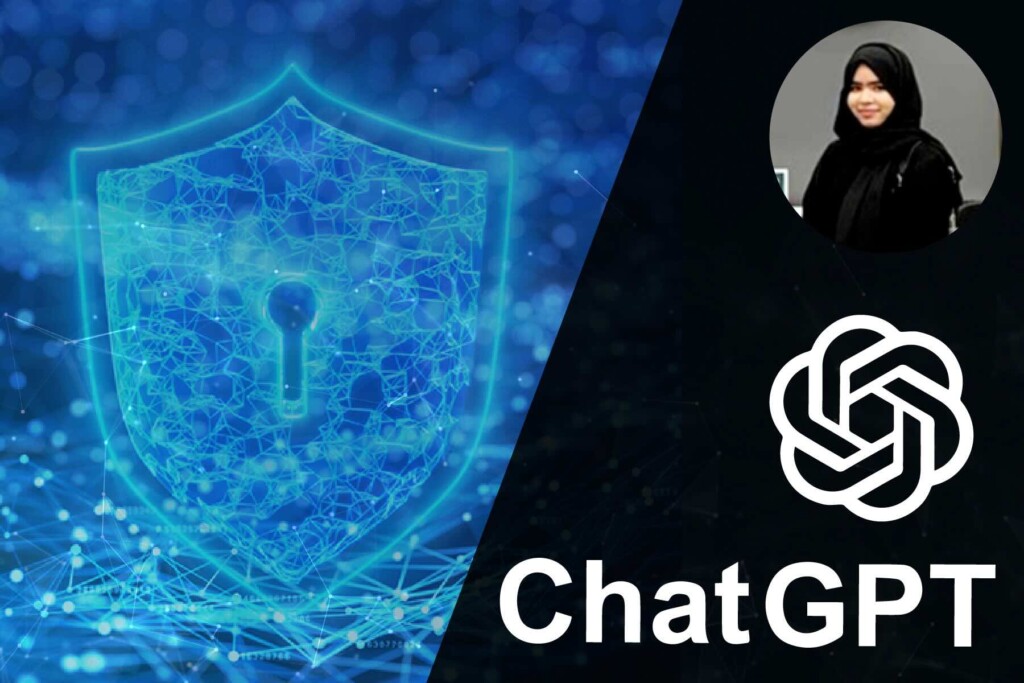Insha Tazeen, Co-founder at BoundSecurity is a dynamic entrepreneur in AI and cybersecurity. Renowned for her innovative applications in AI, she transforms industries and fortifies organizations against digital threats. Beyond technology, Insha is a community advocate, mentoring aspiring technologists, and spearheading philanthropic efforts in digital literacy and women’s empowerment. Her impactful journey resonates as a beacon of inspiration in the evolving world of technology. In this article, she shares how ChatGPT can play its role in the realm of cybersecurity.
Cybersecurity has become an increasingly critical concern for individuals, businesses, and governments alike. With the rise of digital technology and the internet, there has been an exponential increase in cyber attacks and data breaches. In this context, ChatGPT, a large language model developed by OpenAI, has the potential to be a gamechanger for the cybersecurity industry.

ChatGPT is a state-of-the-art natural language processing tool that can understand and generate human-like language. It has been trained on vast amounts of text data, making it capable of answering questions, generating text, and carrying out various other language-related tasks. This makes ChatGPT an invaluable tool for cybersecurity professionals, who can use it to enhance their cybersecurity efforts in several ways.
Firstly, ChatGPT can help to detect and prevent cyber attacks. By analyzing patterns in data and identifying potential threats, ChatGPT can alert cybersecurity professionals to possible vulnerabilities in their systems. This can help them to take proactive measures to prevent attacks before they occur, minimizing the risk of data breaches and other cyber security incidents.
Secondly, ChatGPT can be used to identify and analyze security breaches that have already occurred. By analyzing log files, network traffic, and other data, ChatGPT can help to pinpoint the source of a breach, identify the type of attack used, and provide valuable insights into how the breach could be prevented in the future.
Thirdly, ChatGPT can assist in the development of more effective cybersecurity policies and protocols. By analyzing data on past attacks and vulnerabilities, ChatGPT can help to identify common patterns and trends in cyber attacks. This information can then be used to develop more effective cybersecurity policies and protocols that are better suited to the specific needs of an organization.
Finally, ChatGPT can be used to improve cybersecurity training and education. By analyzing data on past attacks, ChatGPT can help to identify areas where employees may be lacking in cybersecurity knowledge or skills. This information can then be used to develop more targeted training programs and educational materials that can help to prevent future breaches.
In conclusion, ChatGPT has the potential to be a gamechanger for the cybersecurity industry. By leveraging its natural language processing capabilities, cybersecurity professionals can use ChatGPT to detect and prevent cyber attacks, identify and analyze security breaches, develop more effective cybersecurity policies and protocols, and improve cybersecurity training and education. As the threat of cyber attacks continues to grow, tools like ChatGPT will become increasingly important for ensuring the safety and security of our digital world.
